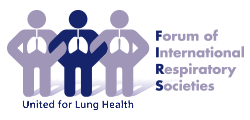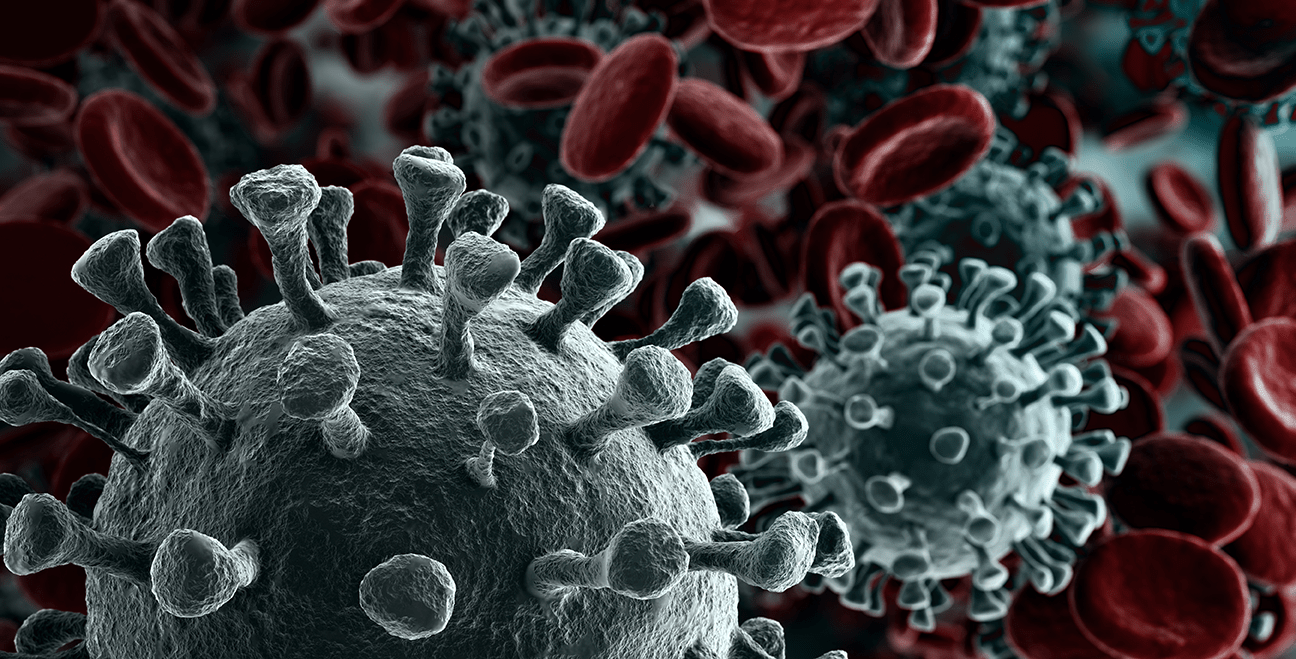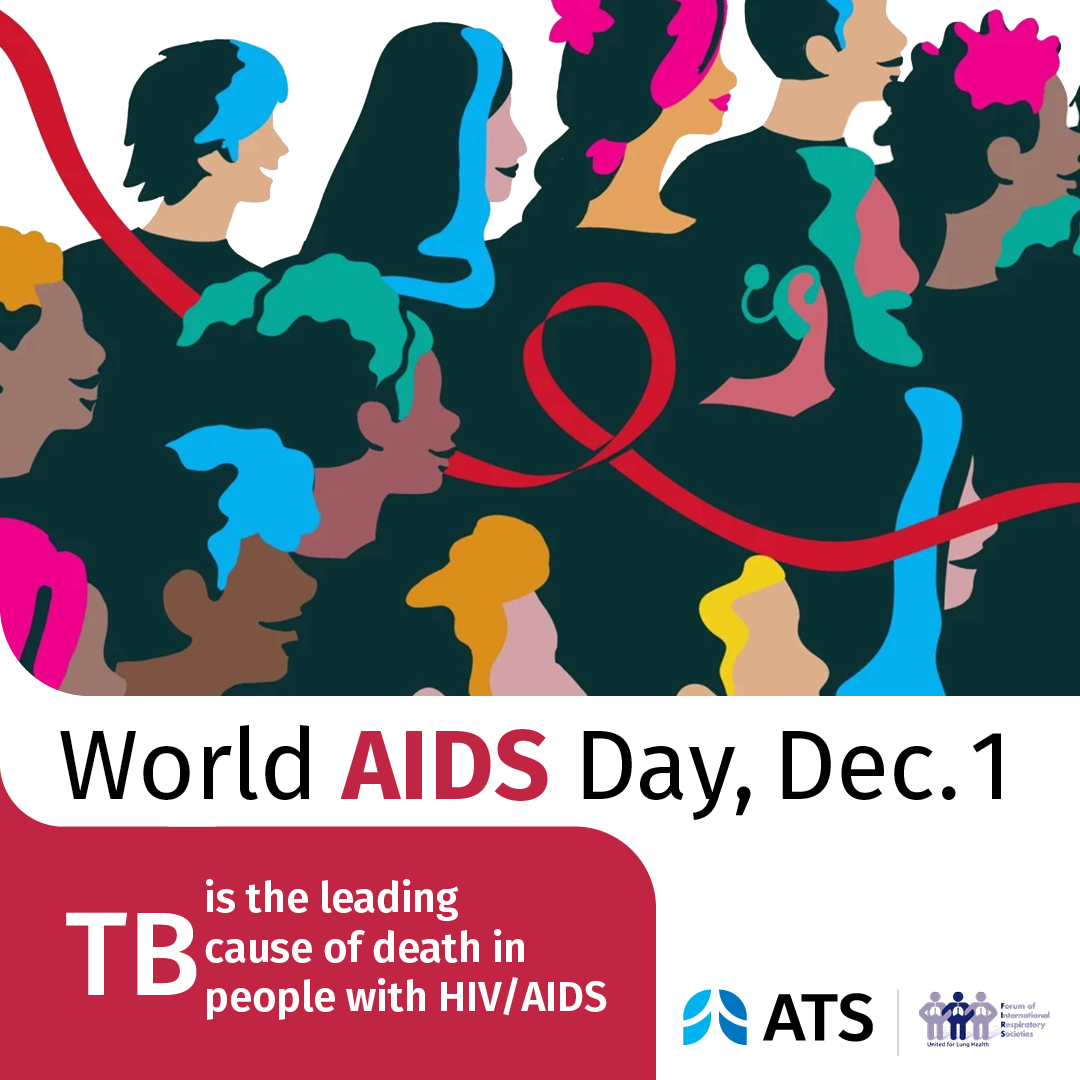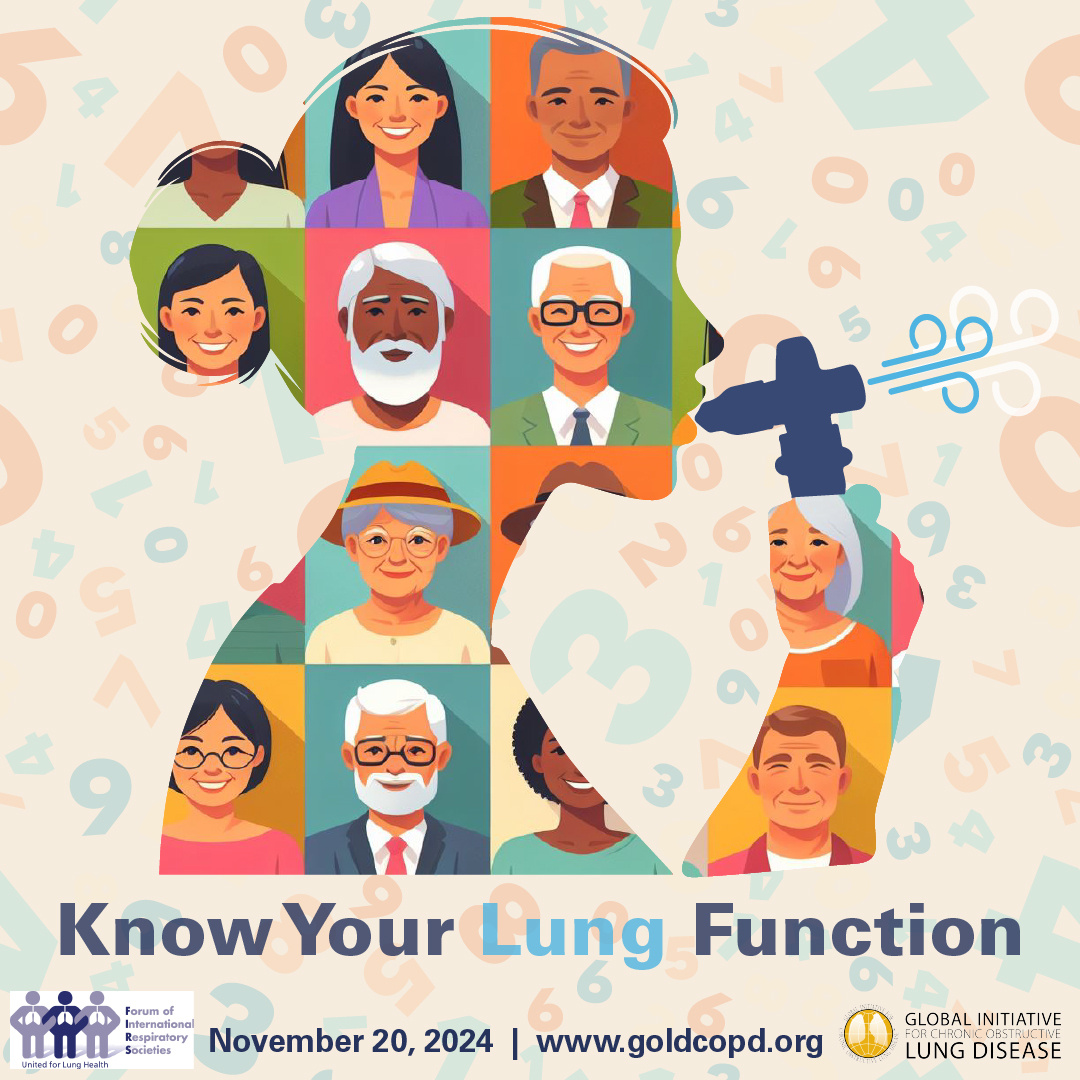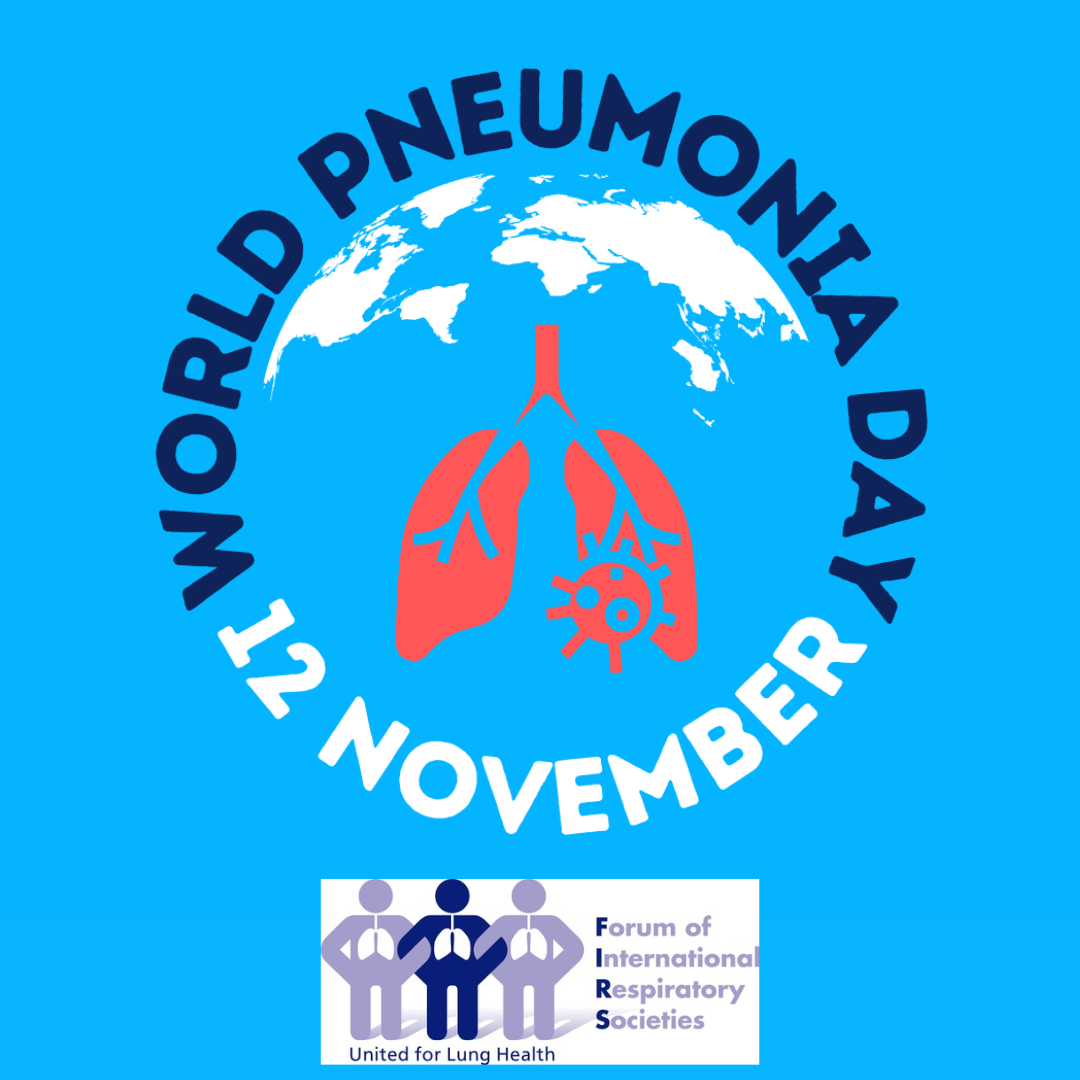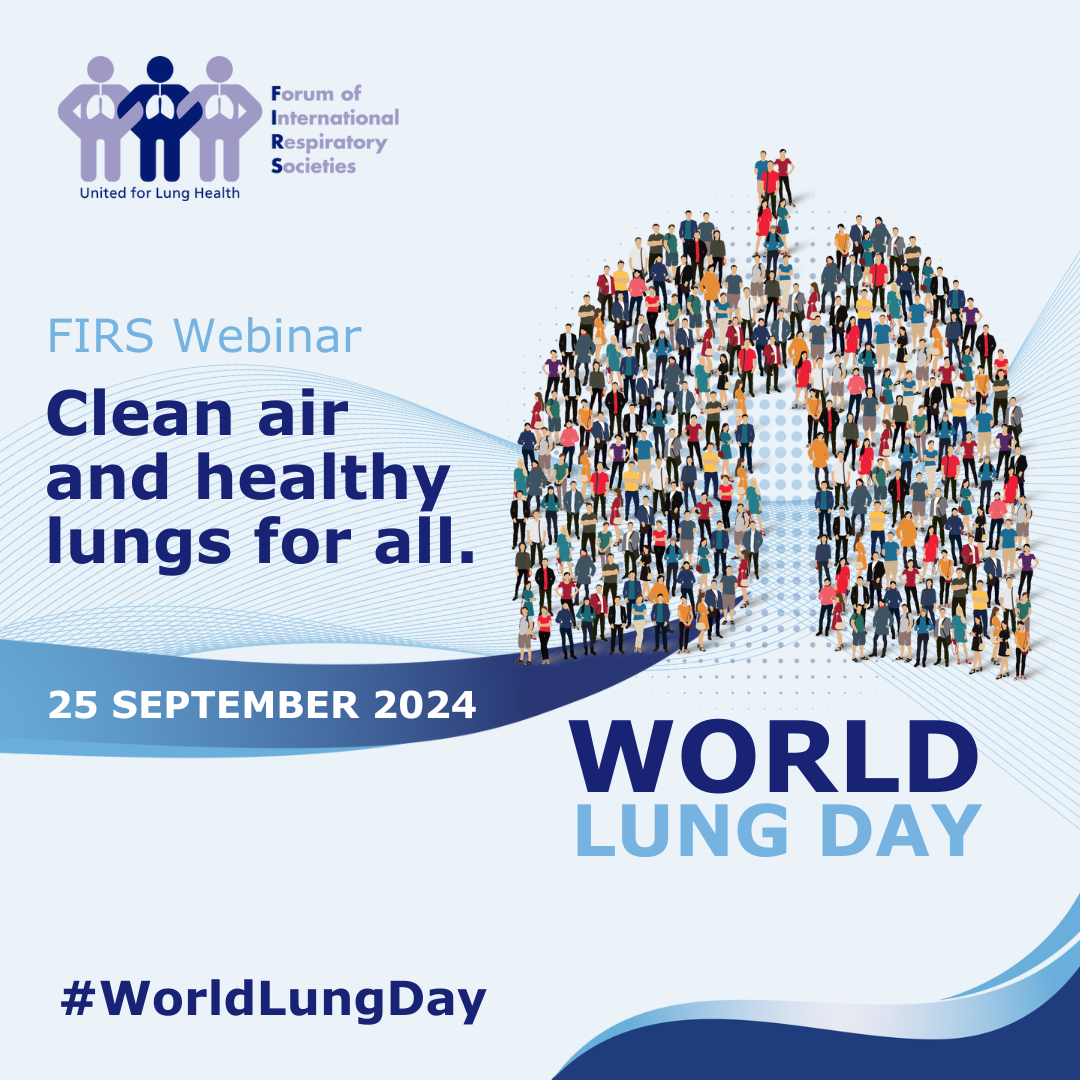FIRS COVID-19 Statements/News
28 October 2022
WHO launches Access to COVID-19 Tools Accelerator plan as world transitions to long-term COVID-19 control. Read more here.
5 March 2021
FIRS signed the World Health Organisation (WHO) Vaccine Equity Declaration to ensure that vaccination of health workers and those at high risk of COVID-19 begins in all countries within the first 100 days of 2021.
2 February 2021
Protect yourself and other by getting your COVID-19 vaccine. Read here.
17 December 2020
FIRS calls for global access to effective, affordable vaccines. Read statement here.
6 July 2020
We must continue to be vigilant to control the spread of COVID-19. Read the statement here.
17 April 2020
FIRS urging governments around the world to continue supporting the WHO. Read the statement here.
COVID-19 resources from FIRS societies
Our international respiratory societies have produced some excellent COVID-19 materials, view the latest materials by society:
- American College of Chest Physicians (CHEST)
- American Thoracic Society (ATS)
- Asian Pacific Society of Respirology (APSR)
- Asociación Latino Americana De Tórax (ALAT)
- European Respiratory Society (ERS)
- International Union Against Tuberculosis and Lung Diseases (The Union)
- Pan African Thoracic Society (PATS)
- Global Initiative for Asthma (GINA)
- Global Initiative for Chronic Obstructive Lung Disease (GOLD)
COVID-19
The World Health Organization (WHO) describe coronaviruses as a large family of viruses that can cause illness ranging from the common cold to more severe diseases like Middle East Respiratory Syndrome (MERS) and Severe Acute Respiratory Syndrome (SARS). The 2019 novel coronavirus (COVID-19) is a new strain that has not been identified in humans before.
What are the symptoms?
- Mild symptoms are cold-like in presentation-- including fever, cough, and shortness of breath.
- Older adults and people with underlying health conditions may be at increased risk for severe disease. In these more severe cases, infection can cause pneumonia, severe acute respiratory syndrome, kidney failure, and even death.
How can coronavirus be prevented?
The Centers for Disease Control and Prevention (CDC) recommends the following everyday preventive actions to help prevent the spread of respiratory viruses, including:
- Wash your hands often with soap and water for at least 20 seconds, especially after going to the bathroom; before eating; and after blowing your nose, coughing, or sneezing.
- If soap and water are not readily available, use an alcohol-based hand sanitizer with at least 60% alcohol.
- Always wash hands with soap and water if hands are visibly dirty.
- Avoid touching your eyes, nose, and mouth with unwashed hands.
- Avoid close contact with people who are sick.
- Stay home when you are sick.
- Cover your cough or sneeze with a tissue, then throw the tissue in the trash.
- Clean and disinfect frequently touched objects and surfaces using a regular household cleaning spray or wipe.
WHO also recommends avoiding close contact with anyone showing symptoms of respiratory illness, such as coughing and sneezing, and thoroughly cooking eggs and meat.
Keep updated with the very latest information from:
